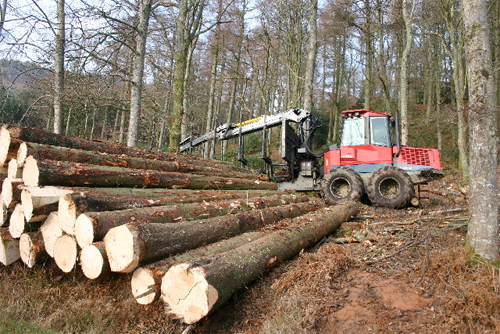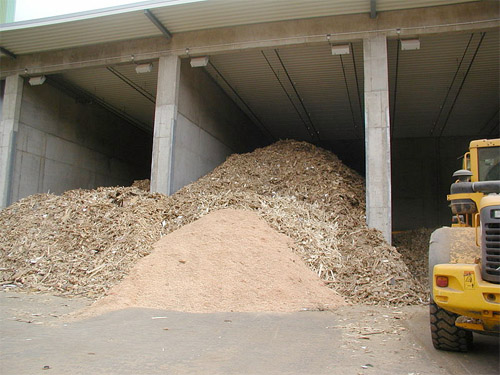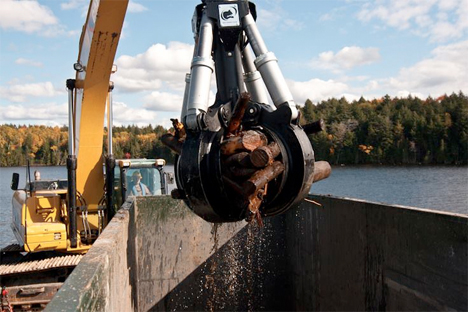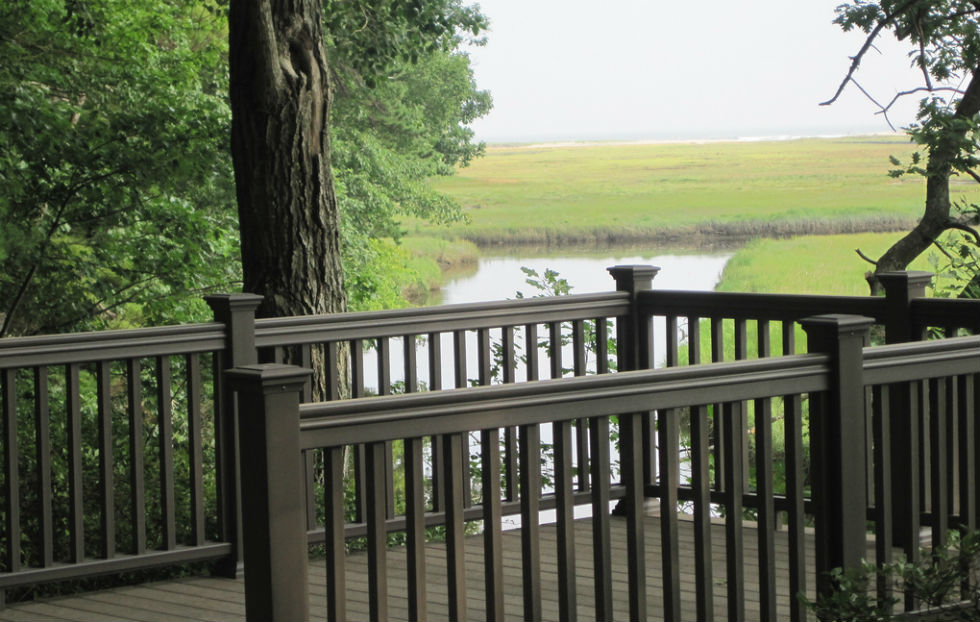Sustainable forestry is helping to create and preserve jobs and diversify economies in rural communities that have been hit hard by the recession, or have a high concentration of poverty. In forested areas all over the nation, tax credits combined with 21st-century methods of harvesting, moving and processing timber are improving the quality of life for local residents. The boom comes courtesy, in large part, of New Market Tax Credits, a federal program that aims to spur revitalization efforts in low-income and impoverished communities.
This program provides tax credit incentives to people and companies who invest in certain types of projects in low-income communities. Many of these companies are creating green jobs in struggling timber communities. The nonprofit organization Ecotrust reports that qualifying projects have included the re-opening of a closed plastic-wood composite manufacturing plant in Washington, construct a new wood biomass plant in Oregon and restore vast tracts of forest in the Northwest.
In Berlin, New Hampshire, the Burgess Biomass Plant recently received its first delivery of sustainably harvested wood. Built on the site of a defunct paper mill, the plant will produce 75 megawatts of power, sustain 40 jobs in management and plant operations, and create hundreds more jobs in the harvesting and transporting of the wood.
Another recipient of the New Market Tax Credits, the Appalachian Mountain Club (AMC), used funds for the Maine Woods Initiative to encourage nature-based tourism, creating jobs in forestry while also encouraging a ripple effect in the local economy from visitors who come to enjoy the beauty of nature in the area.
Image: wikimedia commons











